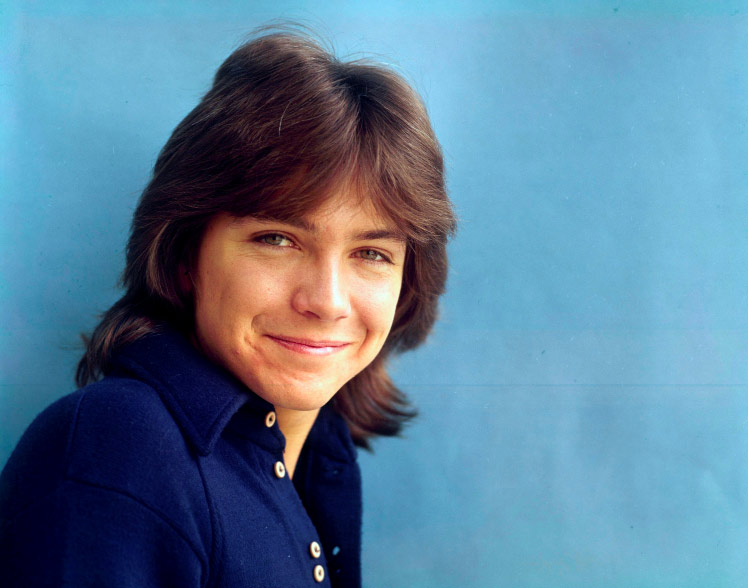
“Rock Me Baby” is the sound of a familiar face trying to step out of the studio spotlight and into something tougher, louder, and more grown-up—without losing the tenderness that made people listen.
In late summer 1972, David Cassidy put out “Rock Me Baby” as a statement single—and it landed with a respectable thump rather than a scream. In the U.S., the song debuted on the Billboard Hot 100 dated September 9, 1972, and peaked at No. 38 (remaining on the chart for several weeks). In the U.K., it climbed higher, ultimately reaching a peak of No. 11 on the Official Singles Chart during its run at the end of 1972. Those numbers matter, but not in the usual way: they tell you this wasn’t merely a teen-idol postcard, but it also wasn’t a fully accepted reinvention—yet. It was the sound of a pivot happening in real time, with the public half-following, half-watching from the doorway.
“Rock Me Baby” is the title track and opening cut of Cassidy’s second solo album, Rock Me Baby, released in October 1972 on Bell Records, produced by Wes Farrell. Even that packaging—same title, same push—signals intent. Cassidy had already become a household name through The Partridge Family, a voice tied to bright harmonies, clean romance, and the safe glow of television. But this album was a deliberate reach toward rock, R&B, and blue-eyed soul, a bid to sound less like a poster and more like a person with appetite, impatience, and a little sweat in the collar.
The song itself was written by Johnny Cymbal and Peggy Clinger, and it comes in with a brash, revved-up energy that feels designed to shake the frame. There’s a swagger to the title—rock me—that suggests physicality and immediacy, a plea that’s not about distant devotion but about being right here, right now. And Cassidy leans into that. He doesn’t sing it like a confession whispered to one person. He sings it like a door being pushed open, a bright room suddenly filled with louder music.
What’s especially revealing is how “Rock Me Baby” sits at the crossroads of image and instinct. On one hand, it’s a carefully chosen vehicle: high-energy, radio-friendly, built to cut through the airwaves. On the other, it carries that unmistakable early-’70s tension—the sense that pop stardom could be both a throne and a trap. Cassidy’s broader move at the time was to expand beyond the teen-heartthrob mold, and Rock Me Baby was widely seen as part of that recalibration, widening the palette toward harder edges and soul influences. When you listen with that in mind, the track’s insistence becomes more than flirtation. It becomes identity work: the sound of someone insisting he can be more than what the camera once framed.
And yet, there’s a tenderness under the voltage. That’s the part that lingers long after the beat. Cassidy’s voice—always his calling card—doesn’t become rough just for effect. It stays melodic, human, even when the song struts. That balance is what makes “Rock Me Baby” such an interesting artifact of its era. Plenty of stars tried to “go rock” as if changing outfits were the same as changing skin. Cassidy’s attempt feels more complicated: not a rejection of his past so much as a negotiation with it—keeping the warmth, demanding a little more space.
If you want the deeper “story behind” the song, it’s in its timing. By 1972, pop culture had started to shift its gaze. The late ’60s idealism had weathered; the early ’70s were hungrier, louder, more restless. In that climate, “Rock Me Baby” arrives like a handshake offered with extra grip—still charming, but determined not to be dismissed. Its chart performance reflects that transitional feeling: strong enough to prove the step mattered, not strong enough to make the world forget the old label overnight.
Over the years, songs like this often grow more meaningful—not because they were “the biggest,” but because they preserve a moment of becoming. “Rock Me Baby” captures David Cassidy mid-stride: a young star trying to sound like the music he truly wanted to stand beside, not just the music he was expected to deliver. And maybe that’s why it still plays so well in memory. It doesn’t pretend the change is effortless. It lets you hear the effort—and, in a strange way, that makes it feel honest.